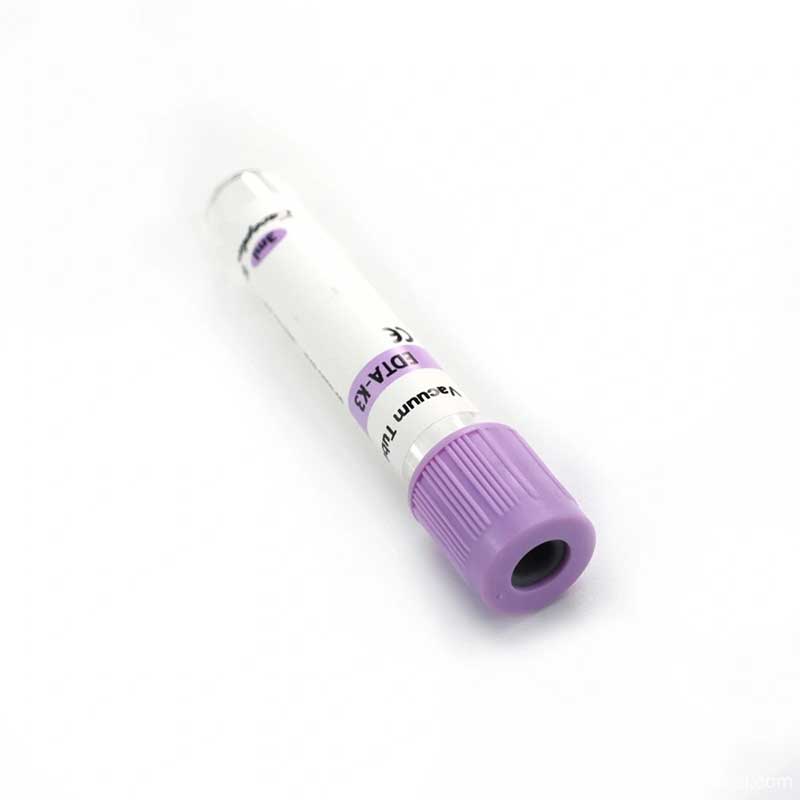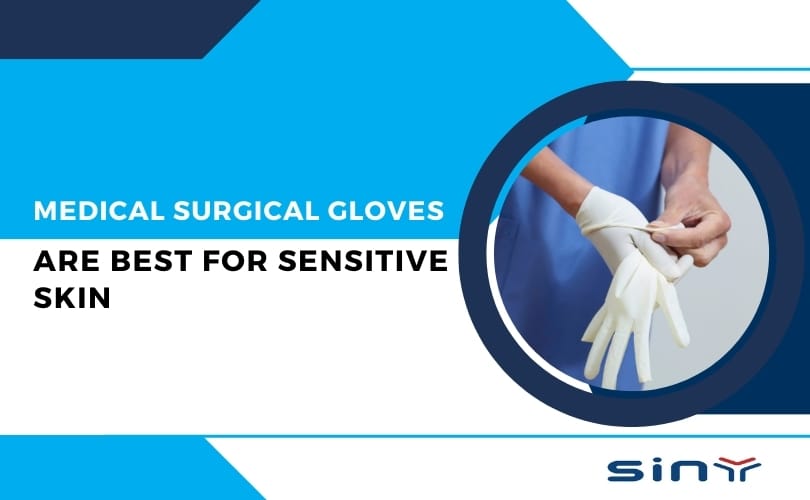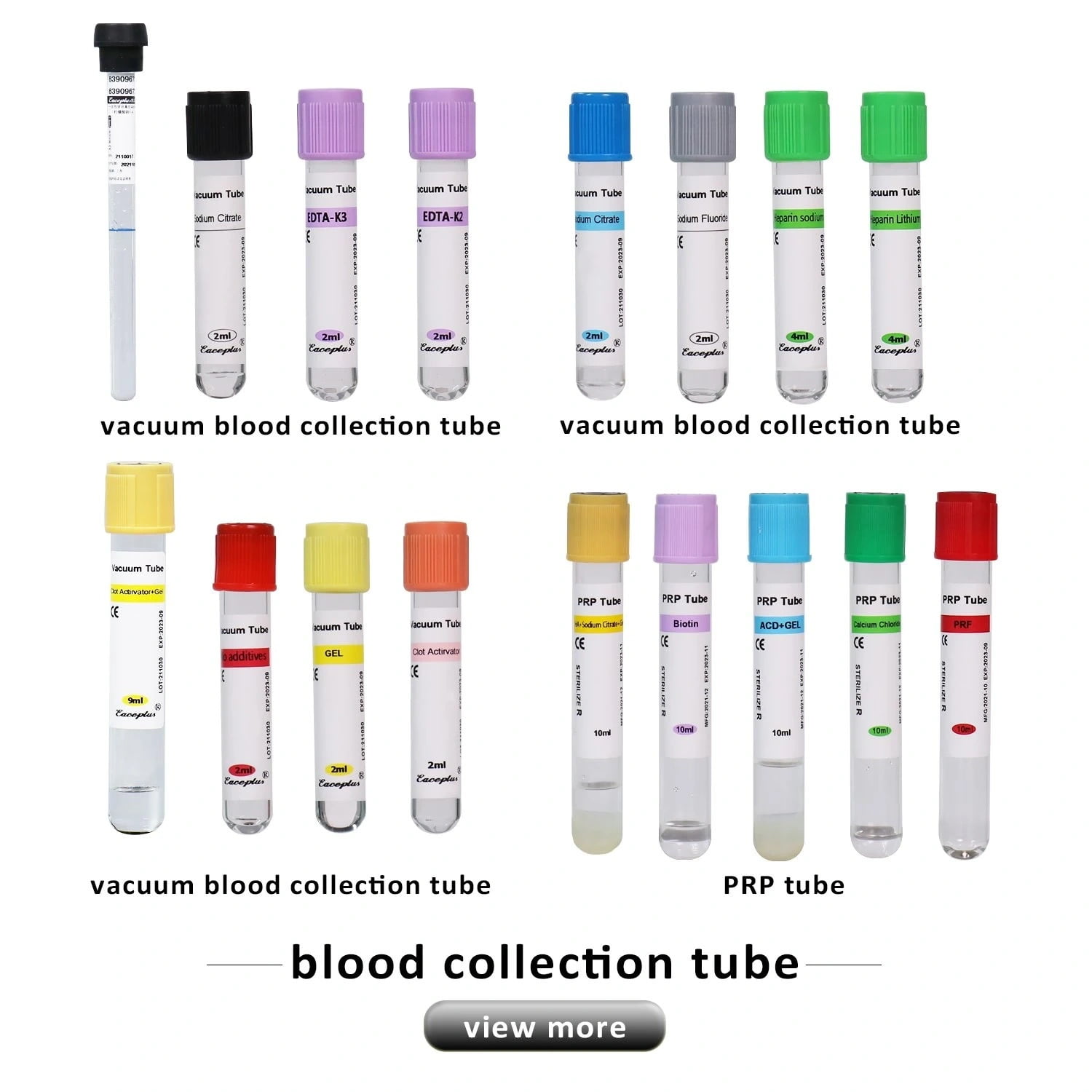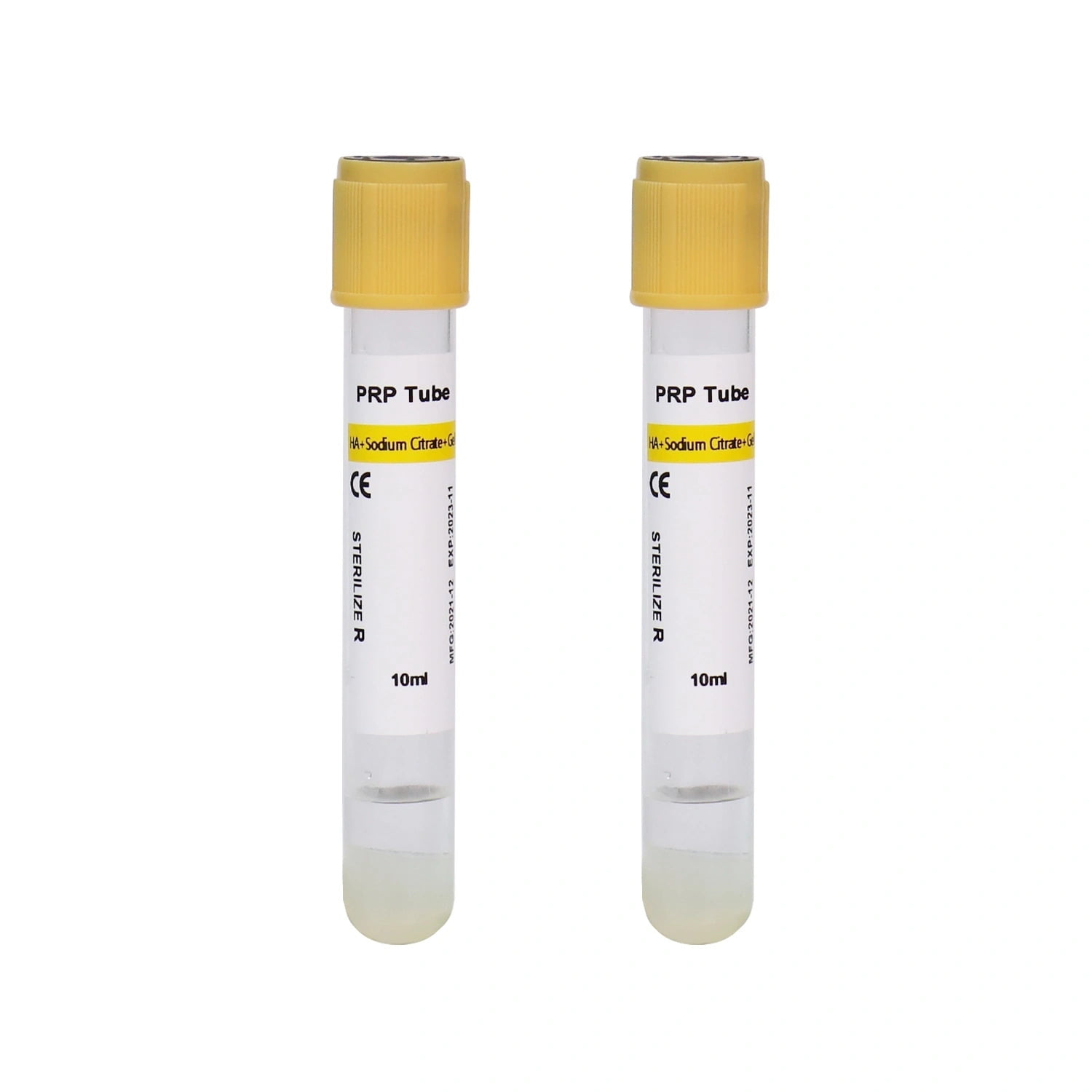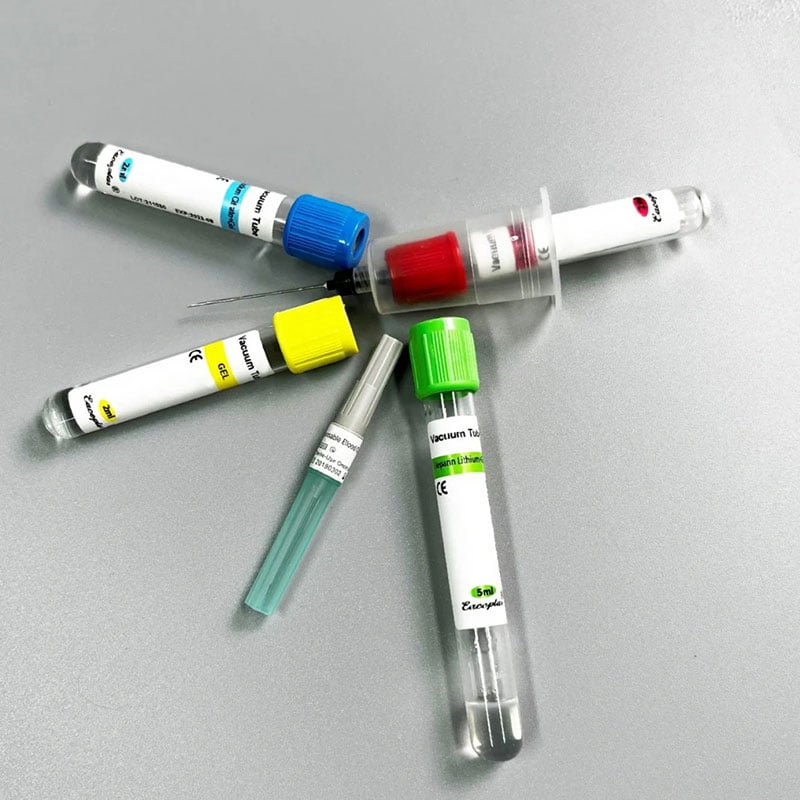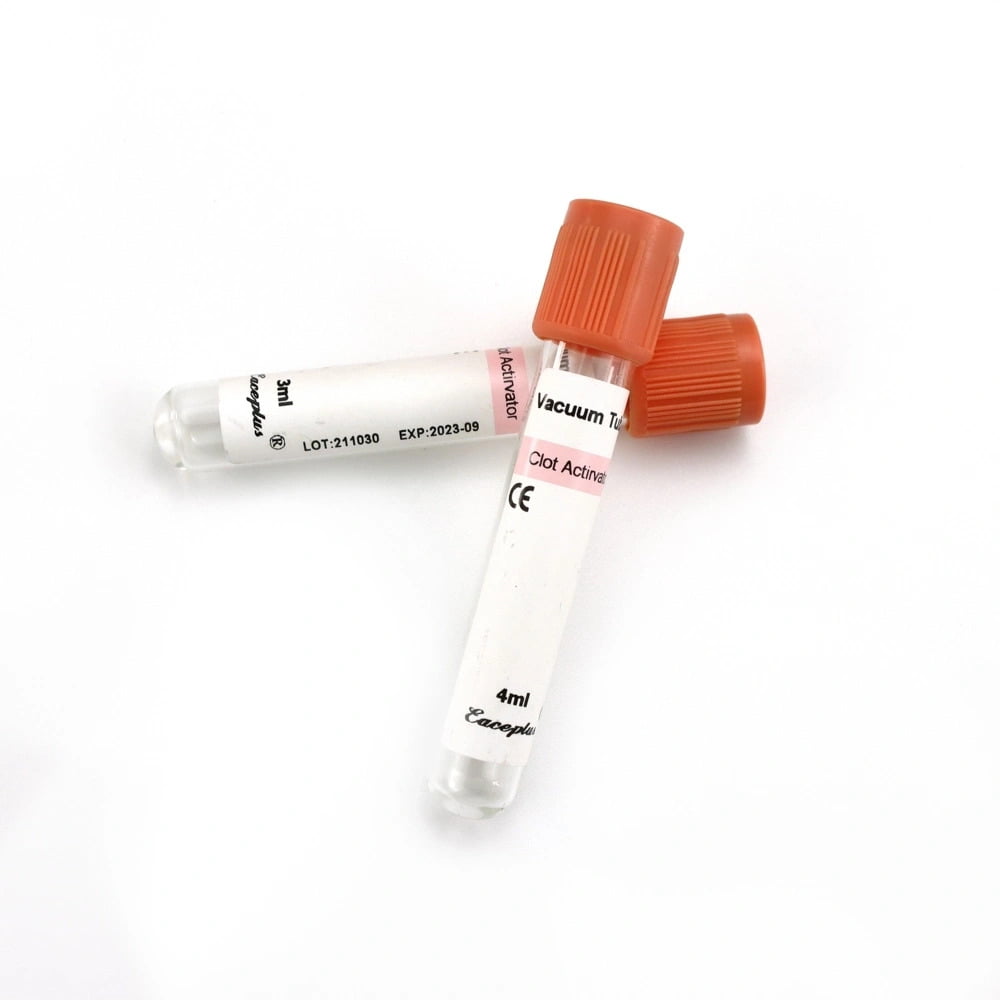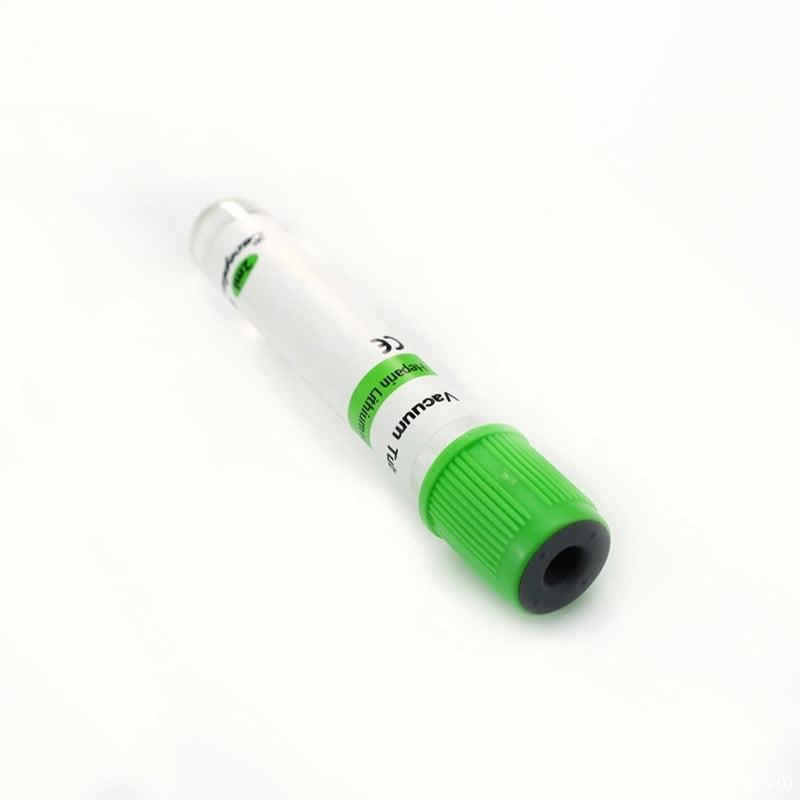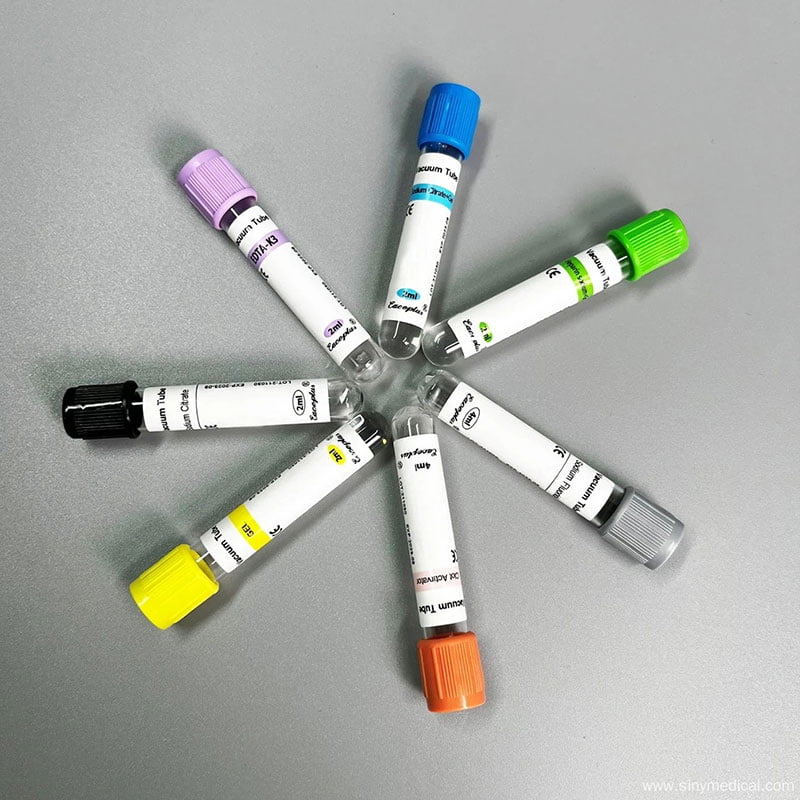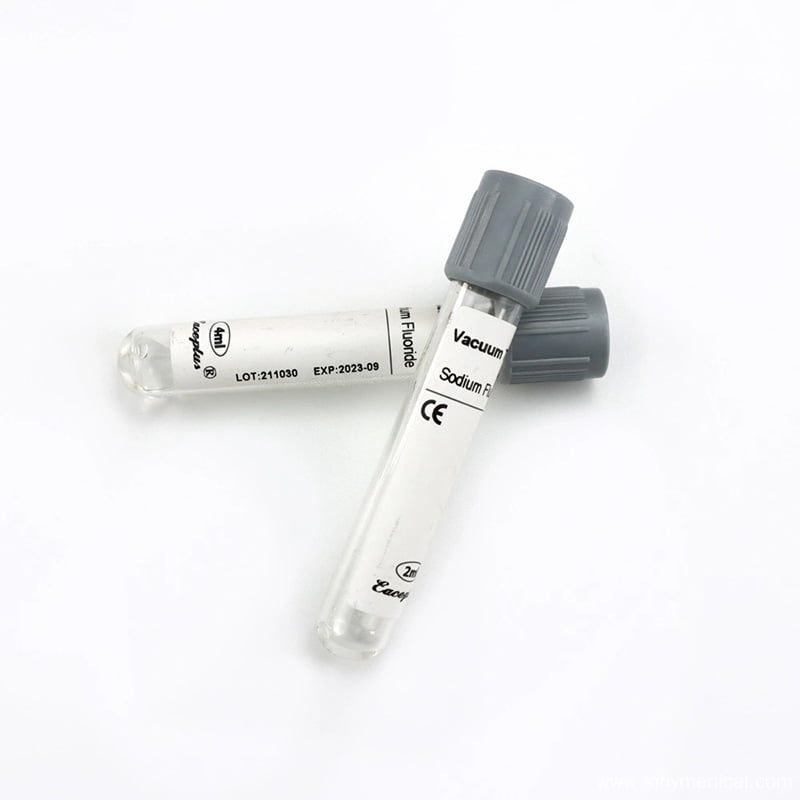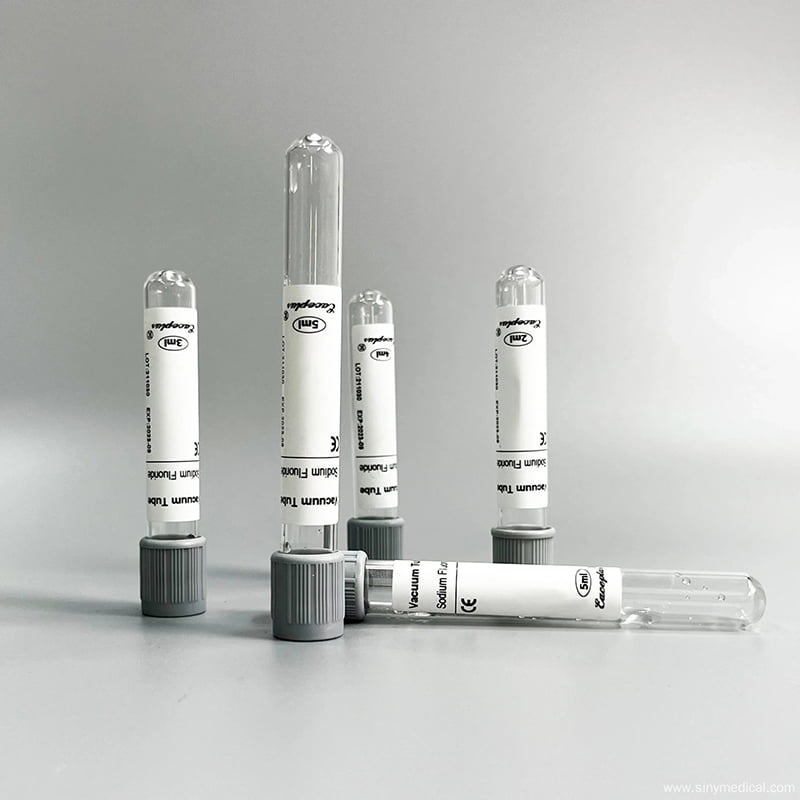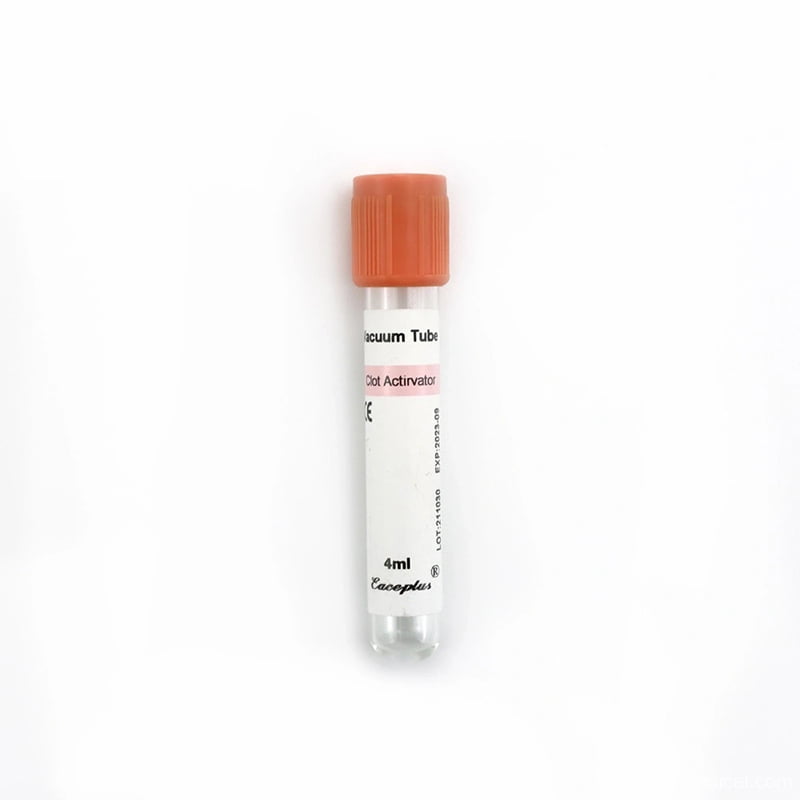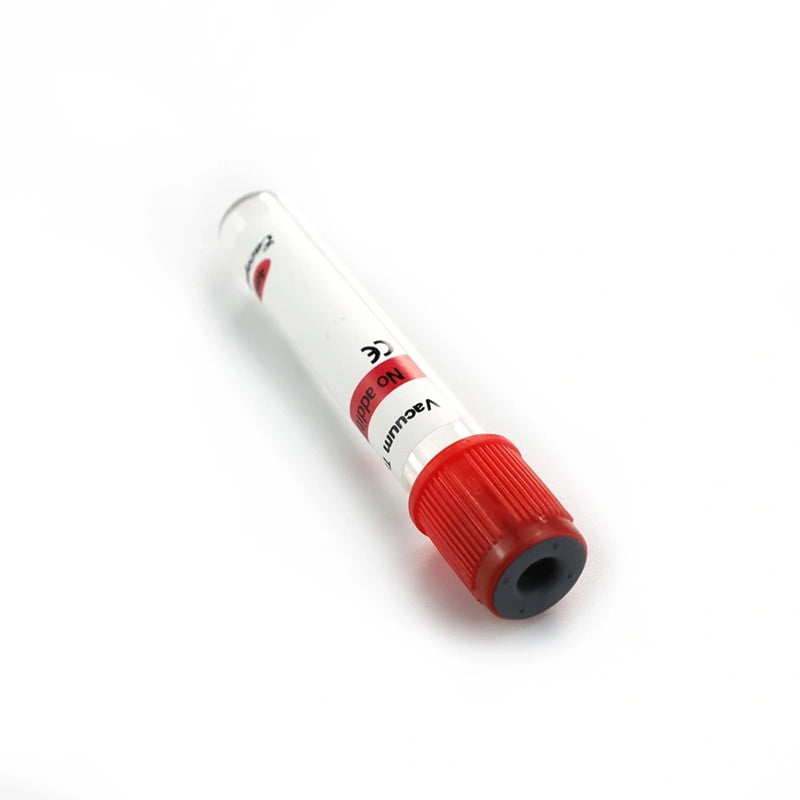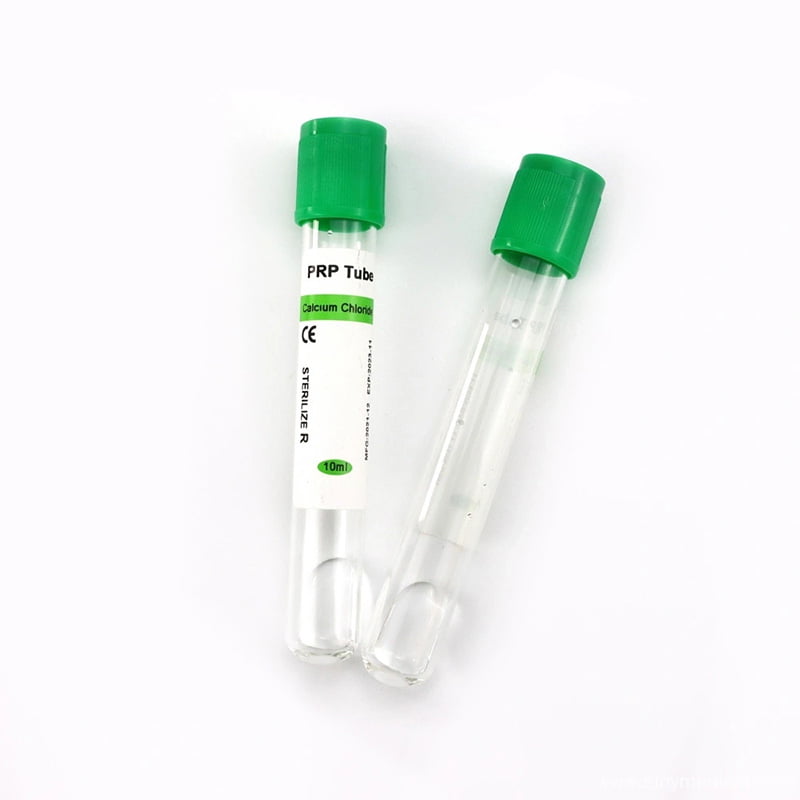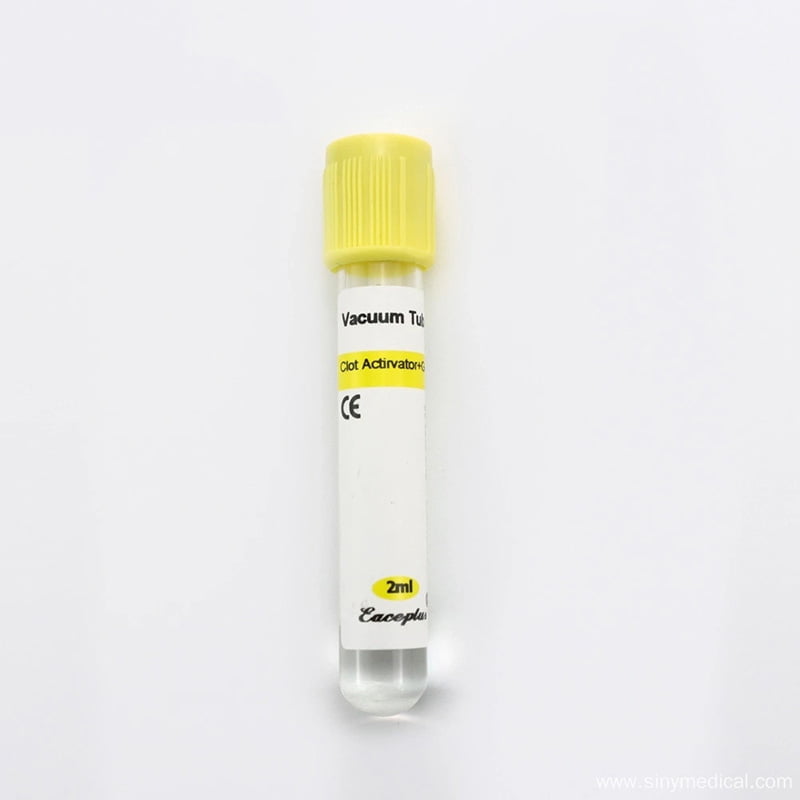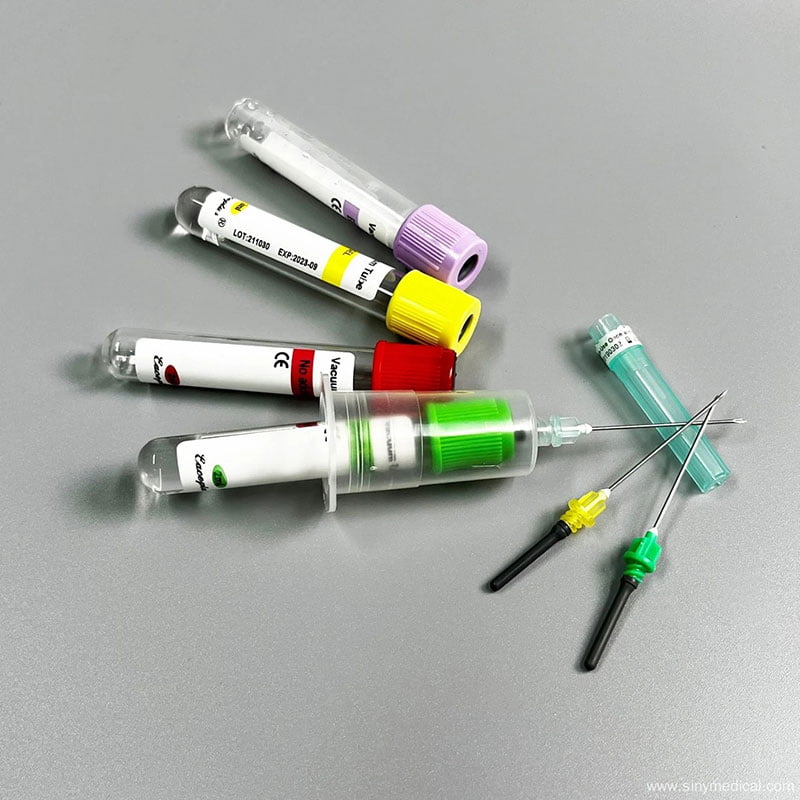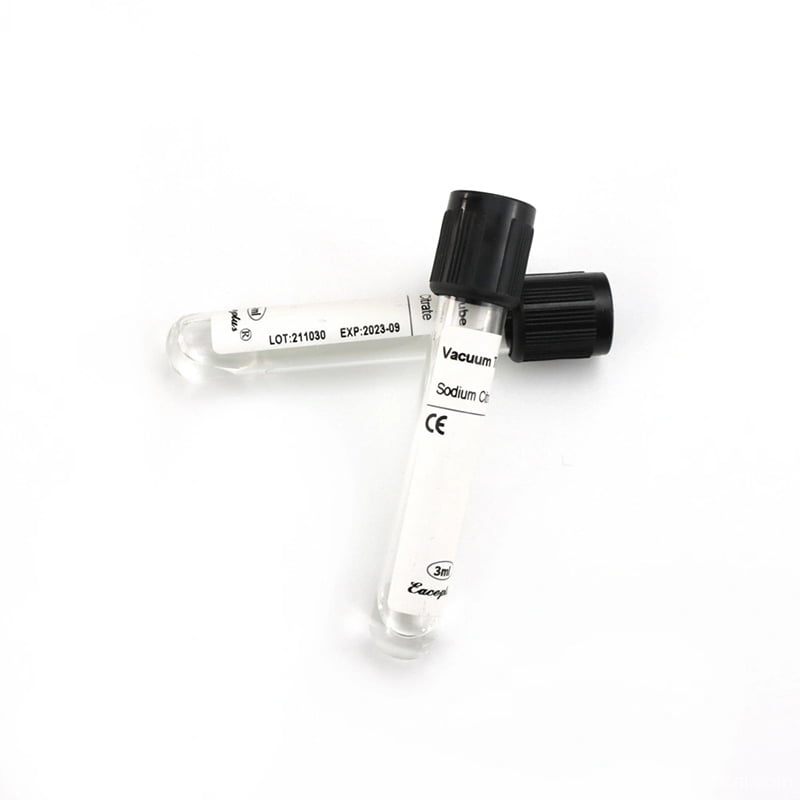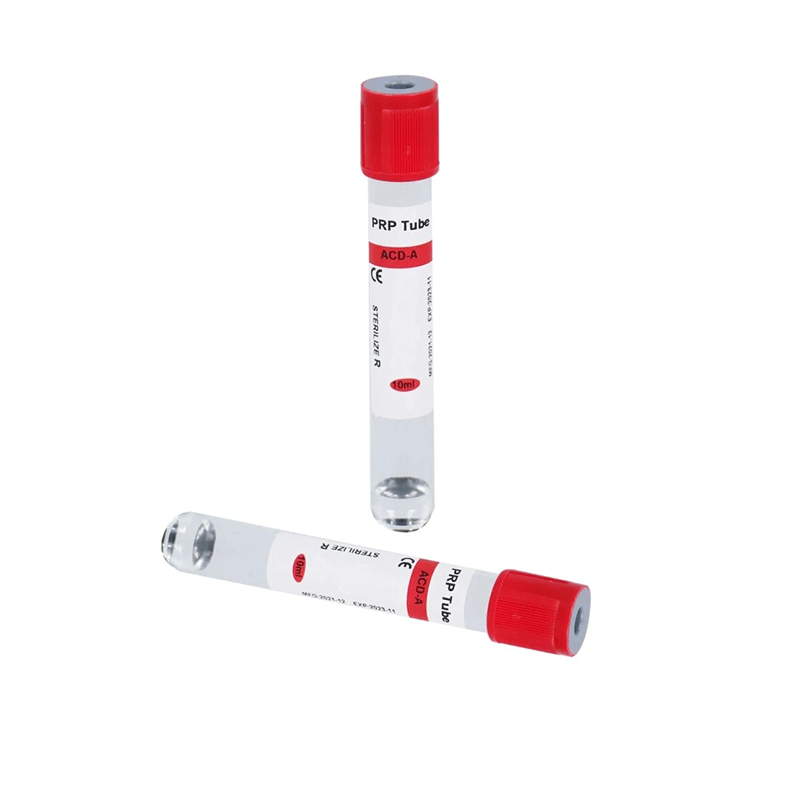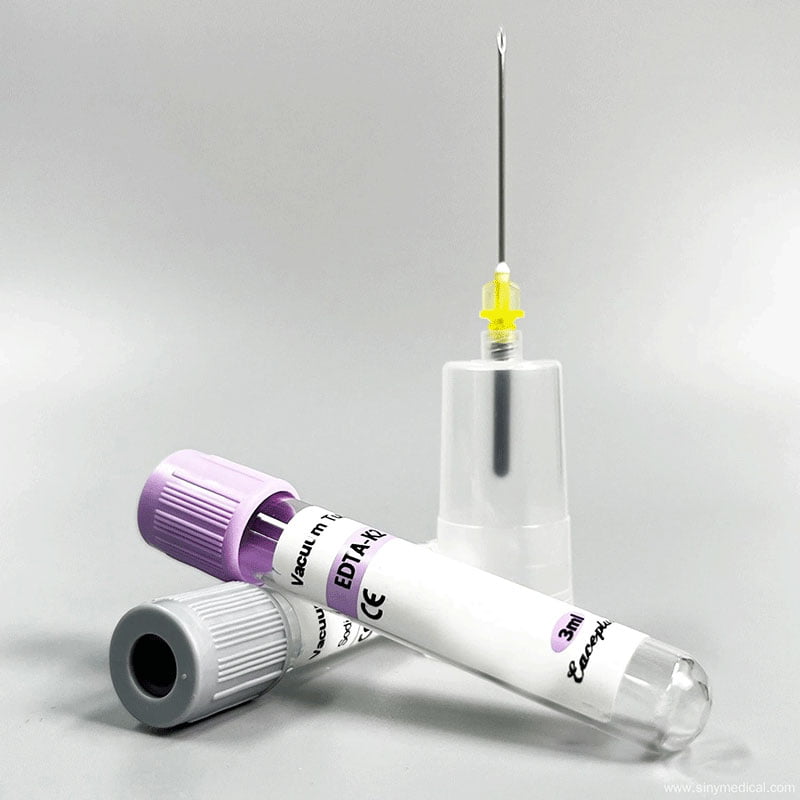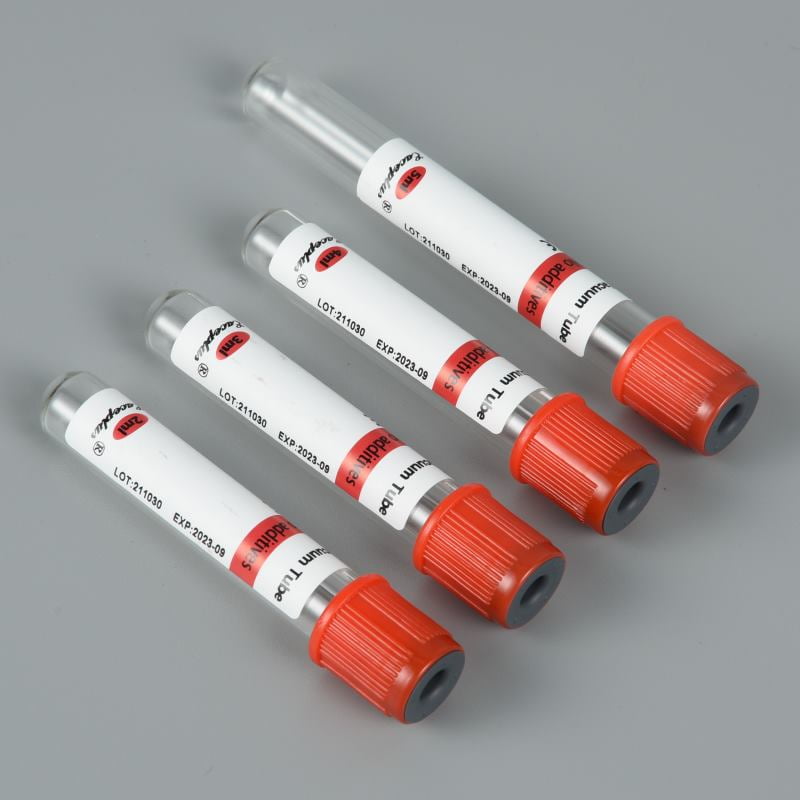Sensitive skin requires extra care, especially in high-stakes environments like operating rooms where medical surgical gloves are essential for safety and precision. Choosing the right gloves can mean the difference between comfort and irritation, protection and risk. For healthcare professionals and patients with sensitive skin, finding gloves that balance sterility, durability, and skin-friendliness is critical. This comprehensive guide explores the best medical surgical gloves for sensitive skin, backed by research and practical insights, to help you make informed choices.
At Siny Medical, we understand the importance of reliable, hypoallergenic gloves for medical procedures. With over two decades of expertise in manufacturing high-quality medical gloves, we’re committed to providing solutions that prioritize both safety and comfort. Let’s dive into the world of surgical gloves and discover which options are best for sensitive skin.
Table of Contents
Understanding Sensitive Skin in Medical Settings
Sensitive skin is prone to irritation, redness, itching, or allergic reactions when exposed to certain materials or chemicals. In surgical settings, where gloves are worn for extended periods, these reactions can be amplified. Common triggers include latex proteins, chemical accelerators used in glove manufacturing, or even powder residues in some gloves. For healthcare workers, repeated exposure to these irritants can lead to conditions like contact dermatitis, which affects up to 17% of medical professionals, according to FDA studies.
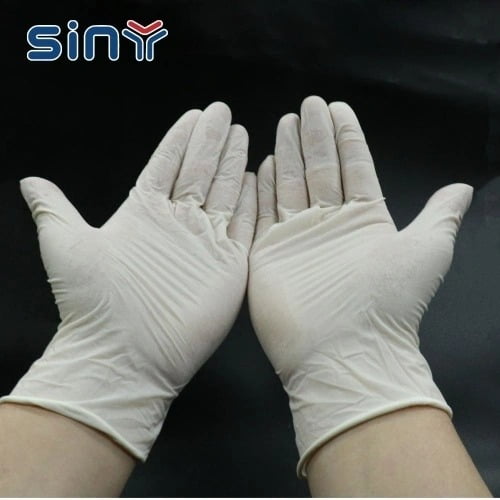
Why It Matters: Prolonged glove use during surgeries increases the risk of skin reactions, especially for those with pre-existing sensitivities. Choosing gloves designed for sensitive skin ensures comfort, maintains dexterity, and upholds the sterile barrier required in operating rooms. At Siny Medical, our range of sterile latex powdered and powder-free medical surgical gloves is crafted to minimize these risks while meeting stringent medical standards.
Key Considerations:
- Material: Latex, nitrile, neoprene, or polyisoprene—each has different implications for sensitive skin.
- Powder-Free Options: Powder can exacerbate irritation, so powder-free gloves are often preferred.
- Chemical Accelerators: Some gloves use fewer accelerators to reduce allergic reactions.
- Fit and Comfort: A snug yet comfortable fit prevents chafing and enhances tactile sensitivity.
By understanding these factors, you can select gloves that protect both your skin and your patients. Let’s explore the materials available for medical surgical gloves.
Types of Medical Surgical Gloves: A Deep Dive
Not all surgical gloves are created equal. The material, manufacturing process, and design play significant roles in their suitability for sensitive skin. Below, we break down the most common types of medical gloves used in surgical settings, with a focus on their impact on sensitive skin.
Latex Surgical Gloves
Latex gloves have long been a staple in surgical environments due to their elasticity, tactile sensitivity, and robust barrier protection. However, natural rubber latex contains proteins that can trigger allergic reactions in sensitive individuals. Up to 17% of healthcare workers develop latex sensitivities over time, according to industry research.
Pros for Sensitive Skin:
- High elasticity reduces hand fatigue during long procedures.
- Biodegradable and environmentally friendly.
- Some modern latex gloves, like those from Siny Medical, use low-protein formulations to minimize reactions.
Cons for Sensitive Skin:
- Risk of latex allergies, ranging from mild rashes to severe anaphylaxis.
- Powdered versions can irritate skin or contaminate wounds.
Best for: Professionals without latex allergies who prioritize dexterity and fit. If you’re unsure about latex sensitivity, consider patch testing before extended use.
Nitrile Surgical Gloves
Nitrile gloves, made from synthetic rubber, have emerged as the go-to choice for sensitive skin. They’re latex-free, highly durable, and resistant to punctures and chemicals, making them ideal for surgical settings.
Pros for Sensitive Skin:
- Hypoallergenic, with no latex proteins to trigger reactions.
- Low incidence of chemical accelerator-related allergies, especially in accelerator-free options.
- Powder-free nitrile gloves, like those in Siny Medical’s collection, reduce irritation risks.
- Excellent barrier protection against bloodborne pathogens and chemicals.
Cons for Sensitive Skin:
- Slightly less elastic than latex, which may affect comfort for some users.
- Higher cost compared to vinyl gloves.
Best for: Healthcare workers with latex allergies or those handling hazardous substances during surgery. Nitrile is a versatile, skin-friendly choice for most surgical applications.
Neoprene Surgical Gloves
Neoprene (or chloroprene) gloves are another latex-free option gaining popularity in operating rooms. They combine the flexibility of latex with the durability of nitrile, offering a balanced solution for sensitive skin.
Pros for Sensitive Skin:
- Latex-free and hypoallergenic, suitable for allergy-prone individuals.
- Soft and flexible, reducing hand fatigue during prolonged use.
- Resistant to chemicals and high temperatures, ideal for complex procedures.
- Available in powder-free variants to minimize irritation.
Cons for Sensitive Skin:
- More expensive than nitrile or vinyl gloves.
- Limited availability compared to latex or nitrile options.
Best for: Surgeons seeking a latex-like feel without the allergy risks. Neoprene gloves are excellent for sensitive skin in high-precision surgeries.
Polyisoprene Surgical Gloves
Polyisoprene is a synthetic alternative to latex, designed to mimic its elasticity and comfort without the allergenic proteins. These gloves are a premium choice for sensitive skin in surgical settings.
Pros for Sensitive Skin:
- Latex-free, eliminating the risk of latex allergies.
- Exceptional tactile sensitivity, ideal for intricate procedures.
- Soft and stretchy, enhancing comfort during long surgeries.
- Powder-free options available for reduced irritation.
Cons for Sensitive Skin:
- Higher cost than other materials, which may impact budget-conscious facilities.
- Slightly less chemical resistance compared to nitrile.
Best for: Professionals who need latex-like performance but have sensitive skin or latex allergies. Polyisoprene gloves are a top-tier option for advanced surgical needs.
For a detailed comparison of these glove types, check out Siny Medical’s guide on types of medical gloves.
Comparing Glove Materials for Sensitive Skin
To help you choose the best medical surgical gloves for sensitive skin, here’s a detailed comparison table based on key factors:
| Material | Latex-Free | Hypoallergenic | Tactile Sensitivity | Durability | Cost | Best Use Case |
|---|---|---|---|---|---|---|
| Latex | No | No | High | High | Moderate | General surgery (non-allergic users) |
| Nitrile | Yes | Yes | Moderate | High | Moderate | Allergy-prone users, chemical handling |
| Neoprene | Yes | Yes | High | High | High | Precision surgery, sensitive skin |
| Polyisoprene | Yes | Yes | Very High | Moderate | High | Complex procedures, latex allergies |
Key Takeaway: Nitrile and neoprene gloves are the most skin-friendly for sensitive users due to their latex-free, hypoallergenic properties. Polyisoprene is ideal for those needing premium comfort, while latex should be avoided unless allergies are ruled out.
How to Choose the Best Surgical Gloves for Sensitive Skin
Selecting the right medical surgical gloves involves balancing skin safety, surgical requirements, and comfort. Here’s a step-by-step guide to make the process easier:
Assess Skin Sensitivity
Before choosing gloves, determine the extent of your skin sensitivity. Common signs include redness, itching, or rashes after glove use. If you suspect a latex allergy, consult a dermatologist or allergist for testing. Nitrile or neoprene gloves are safer starting points for sensitive skin.
Consider Surgical Needs
Different procedures require varying levels of dexterity, durability, and protection. For example:
- General Surgery: Nitrile gloves offer robust protection and hypoallergenic properties.
- Microsurgery: Polyisoprene gloves provide superior tactile sensitivity.
- Orthopedic Surgery: Neoprene gloves withstand rigorous handling and chemical exposure.
Explore Siny Medical’s product catalog to find gloves tailored to your specialty.
Prioritize Hypoallergenic Features
Look for gloves labeled as:
- Latex-free to avoid allergic reactions.
- Powder-free to prevent irritation.
- Accelerator-free or low-accelerator to reduce chemical sensitivities.
Ensure Proper Fit
Ill-fitting gloves can cause chafing or reduce dexterity, both of which are problematic for sensitive skin. Surgical gloves come in precise sizes (e.g., 6.0 to 9.0), unlike exam gloves. Measure your hand and try samples to find the perfect fit. Learn more about the differences in Siny Medical’s comparison of surgical and exam gloves.
Check Regulatory Compliance
Surgical gloves must meet strict standards, such as FDA 510(k) clearance or CE marking. Siny Medical ensures all our gloves comply with these regulations, guaranteeing safety and performance. Visit our Made-in-China store for certified products.
Test and Monitor
Trial different glove types during non-critical tasks to assess comfort and skin reactions. Monitor your skin over several uses to confirm compatibility. If irritation persists, switch materials or consult a specialist.
By following these steps, you can confidently select gloves that protect your skin and enhance surgical outcomes.
Skin Irritation During Glove Use
Even with the best gloves, sensitive skin requires extra care. Here are practical tips to reduce irritation:
- Wash Hands Thoroughly: Use a mild, fragrance-free soap before and after glove use to remove residues. Dry hands completely to prevent trapped moisture.
- Moisturize Regularly: Apply a hypoallergenic, non-greasy moisturizer to maintain skin barrier health. Avoid lotions with allergens like fragrances.
- Change Gloves Frequently: Prolonged wear increases irritation risk. Swap gloves every 90–120 minutes during extended procedures, per WHO guidelines.
- Double-Gloving Strategically: For high-risk surgeries, use a hypoallergenic underglove (e.g., nitrile) with a compatible outer glove to enhance protection without irritation.
- Store Gloves Properly: Keep gloves in a cool, dry place to prevent degradation of materials, which can affect skin safety.
For more insights on glove care, watch our tutorials on Siny Medical’s YouTube channel.
Manufacturing Quality in Skin Safety
The quality of medical surgical gloves directly impacts their suitability for sensitive skin. Poorly manufactured gloves may contain higher levels of chemical residues or inconsistent textures, increasing irritation risks. At Siny Medical, we adhere to rigorous quality control processes, including:
- Advanced Cleaning: Multiple washing cycles to remove residual proteins and chemicals.
- Sterilization: Gamma or e-beam radiation to ensure sterility without compromising material integrity.
- Testing: Each batch undergoes AQL 1.5 testing for pinholes, tears, and durability, meeting FDA and CE standards.
Our commitment to quality ensures that every glove, from nitrile to polyisoprene, is safe for sensitive skin. Learn more about our process at Siny Medical’s Made-in-China page.
Summary
Choosing the best medical surgical gloves for sensitive skin requires careful consideration of materials, fit, and manufacturing quality. Nitrile and neoprene gloves stand out as hypoallergenic, durable options, while polyisoprene offers premium comfort for latex-allergic users. Powder-free designs and low-accelerator formulations further reduce irritation risks, ensuring both safety and comfort in the operating room.
At Siny Medical, we’re dedicated to providing skin-friendly, high-performance gloves that meet the needs of healthcare professionals worldwide. Whether you’re performing routine surgeries or complex procedures, our sterile surgical gloves deliver the protection and comfort you deserve.
Ready to find the perfect gloves? Explore our full range at Siny Medical’s product catalog or reach out to our team at Siny Medical Contact for expert guidance.
FAQs
1. What makes nitrile gloves better for sensitive skin than latex gloves?
Nitrile gloves are latex-free, eliminating the risk of latex allergies, which affect up to 17% of healthcare workers. They’re also hypoallergenic, powder-free, and resistant to chemicals, making them ideal for sensitive skin. Learn more about glove types at Siny Medical.
2. Are powder-free gloves necessary for sensitive skin?
Yes, powder-free gloves are essential as powder can cause irritation, dermatitis, or wound contamination. The FDA banned powdered gloves in 2016 for these reasons. Check out Siny Medical’s powder-free options.
3. Can I use surgical gloves for non-surgical tasks if I have sensitive skin?
Surgical gloves offer superior fit and sensitivity, but for non-surgical tasks, exam gloves may suffice. Understand the differences in Siny Medical’s guide.
4. How do I know if I’m allergic to my surgical gloves?
Symptoms include itching, redness, rashes, or swelling after glove use. If these occur, switch to latex-free gloves like nitrile or neoprene and consult a dermatologist. Browse hypoallergenic gloves at Siny Medical.
5. Where can I buy high-quality surgical gloves for sensitive skin?
Siny Medical offers a wide range of sterile, hypoallergenic surgical gloves. Visit our product page or shop directly at Made-in-China.
6. How often should I change surgical gloves to protect sensitive skin?
Change gloves every 90–120 minutes during long procedures to reduce irritation and maintain sterility, as recommended by WHO. For personalized advice, contact Siny Medical.

